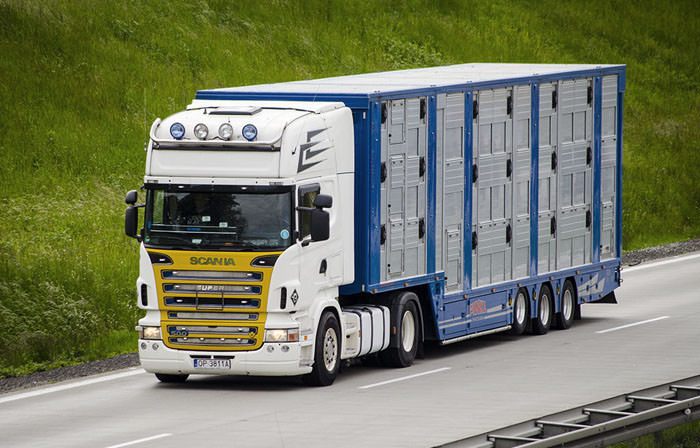Custom Brokerage
Royal Freight operates from all the major Italian ocean ports. Working with our worldwide network of agents, we can arrange each step of the maritime transport chain, from loading to unloading, up to customs clearance and distribution at the ultimate destination.
Importing Goods
Importing goods involves bringing products into the country from overseas suppliers to meet local demand or fulfill client shipments. For courier companies, this process plays a vital role in expanding service offerings, enhancing global reach, and facilitating smooth international logistics.
Cargo Express
The word cargo refers in particular to goods or produce being conveyed generally for commercial gain by ship, boat, or aircraft, although the term is now often extended to cover all types of freight, including that carried by train, van, truck, or container.
Why Choose Us? Find reasons to choose us as your freight partner
Customer Satisfication Tools
Shippers need to have the confidence their 3PL partner will come through for them with a variety of equipment options – especially when one of their other providers has a breakdown. Only an asset-based –Royal Freight Logistics – can give them that assurance.Management & Reporting
Outsourced logistics is growing faster than any other segment of transportation. If you’re looking for a position that gives you independence, satisfaction, and security, consider connecting with the Royal Freight Logistics team as an agent broker.Freight Payment Options
Carriers connect with Royal Freight Logistics to more effectively manage loads, payments, and customer relationships. The advantage of a nationwide, asset-based division along with full service, equipment leasing and freight bill factoring, provides the critical resources to improve business outcomes.Compliance Solutions
When you have a full truckload shipment, we will provide a dedicated dry van or reefer trailer. We cover all of the United States as well as Canada, Poland, Mexico, and we can provide customs brokerage assistance also. If your shipment is time sensitive, we can provide an expedited truck.





FAQ Frequently Asked Questions
Freight forwarder is a company that arranges transportation of cargo from suppliers to importers and consignees around the world. Freight forwarders provide all the transportation and much of the customs and carrier documentation required to provide these services.
Carriers have significant limitations on the amount of compensation they will offer you should they damage or lose your cargo. According C&F, insurance is not mandatory, but we highly recommend it. We can provide complete insurance coverage.
Generally, ocean freight is shipped either via Full Container Load (FCL) or Less-than-container Load (LCL) Shippers with large volumes of cargo will fill either a 20’ or 40’ FCL. Smaller shipments are more economically handled via LCL.
Incoterms are a series of standard trade definitions or international sales terms, published by International Chamber of Commerce (ICC) and establish which party is responsible for costs and risks such as transport costs, insurance, duties payable and customs clearance.
Shipping rates respond to market conditions, they are a function of the relationship between carrier capacity and shipping demand, they are also linked to the cost of fuel, and frequently adjusted up and down based on the world cost of oil.
Carriers may apply their rates to your shipments based on “volumetric weight,” rather than actual weight. This is a calculation based on a factor of 167 KGs per CBM for the airfreight, 333 KGs per CBM for trucking and for Ocean LCL the factor is 1 Ton per CBM.
Most containers are either 20-feet long or 40-foot long. Their capacity for cargo is approximately 33 cubic meters (CBM) for a 20-foot container and 67 CBM for a 40-foot container. Weight limitations are different in most countries.
Dangerous Goods are items that may endanger the safety of an aircraft or persons on board the aircraft. The International Civil Aviation Organization (ICAO) or the local Civil Aviation Authority Regulations govern their carriage onboard aircraft.





